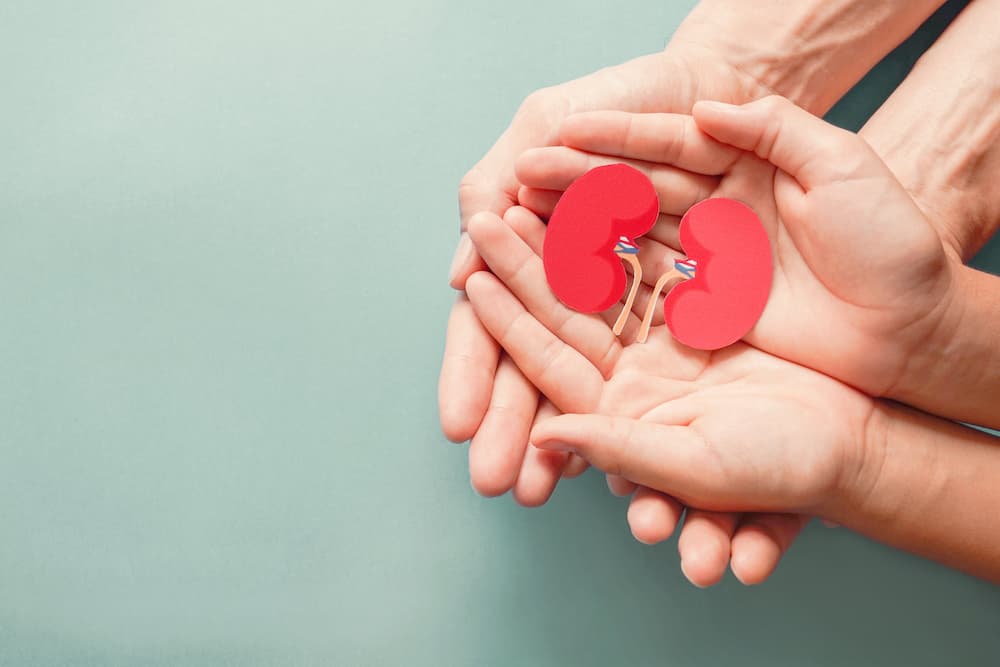The decision to donate a kidney as a living donor should not be taken lightly, as it may come with potential long-term consequences like any other minimally invasive surgery. Studies have shown that living kidney donors have similar survival rates to non-donors and do not have an increased risk of end-stage renal disease (ESRD).
The increased appropriate interest in any long-term consequences of kidney donation highlights the importance of providing comprehensive support and follow-up care for living donors. Monitoring their kidney function and overall health over an extended period is crucial to ensure they are not experiencing any negative effects from their donation.
Myths About Kidney Donation
There are myths about kidney donation that may discourage people from considering it. It’s crucial to distinguish between fact and fiction. One misconception is that kidney donation requires time, money, or courage. In truth, the process can be simple and doesn’t necessarily need a significant financial commitment or extraordinary bravery.
By dispelling these myths and getting accurate information about kidney donation, individuals can make informed choices about whether or not they are willing and able to give the gift of life through organ donation.
Myth #1: Only young people can donate a kidney
There is no age limit for adult kidney donors. Older adults in good health can donate. At transplant centers, older donors have separate criteria. They must be at least 18 and have no chronic medical conditions. Age should not be a barrier to donation. Older individuals can help save lives through organ donation.
Myth #2: You have to be related to someone to give them your kidney
Donating doesn’t require being related to the recipient. Many non-related donors are matches for those in need. Testing is necessary before donation to confirm compatibility. Tests may include:
- Physical exam
- Chest X-ray
- Cancer screening
Myth #3: Donors have to stay in the hospital for a long time
Typically, kidney donors stay in the hospital for 1-2 days post-surgery. It is important to be able to eat, urinate, and walk around comfortably before being discharged.
After leaving the hospital, your doctor may suggest some temporary restrictions, which could include:
- Not lifting anything over 10 pounds
- Limiting strenuous activity like exercise
Myth #4: You’ll need long-term medical care after donating a kidney
After a brief recovery period, individuals who have donated a kidney can resume their normal activities without restrictions or medication. The transplant team will continue to monitor them for up to two years to observe any potential changes in kidney function and overall health.
Myth #5: Being a living organ donor shortens your lifespan
Being an organ donor does not impact your lifespan or quality of life. Screening processes for potential donors help ensure positive outcomes for all parties involved.
Myth #6: You can’t get pregnant after being an organ donor
There is no known risk of kidney and liver donors becoming pregnant after donation. Organ donation does not impact reproductive or sexual health, and individuals can safely consider pregnancy one year post-donation.
The Ability to Help is a Click Away
Donating a kidney is a big decision with important risks and benefits. Ensure you have a good support system and healthcare team to help you.
To become a living kidney donor, talk to Gift of Life first. To understand the donation process, you can also review commonly asked questions about organ donation. The U.S. Department of Health and Human Services has information to share about religious positions on organ, tissue, and eye donation. You can also contact us at our Ann Arbor office using the information below.
Photo Credit: SewCreamStudio/Shutterstock








